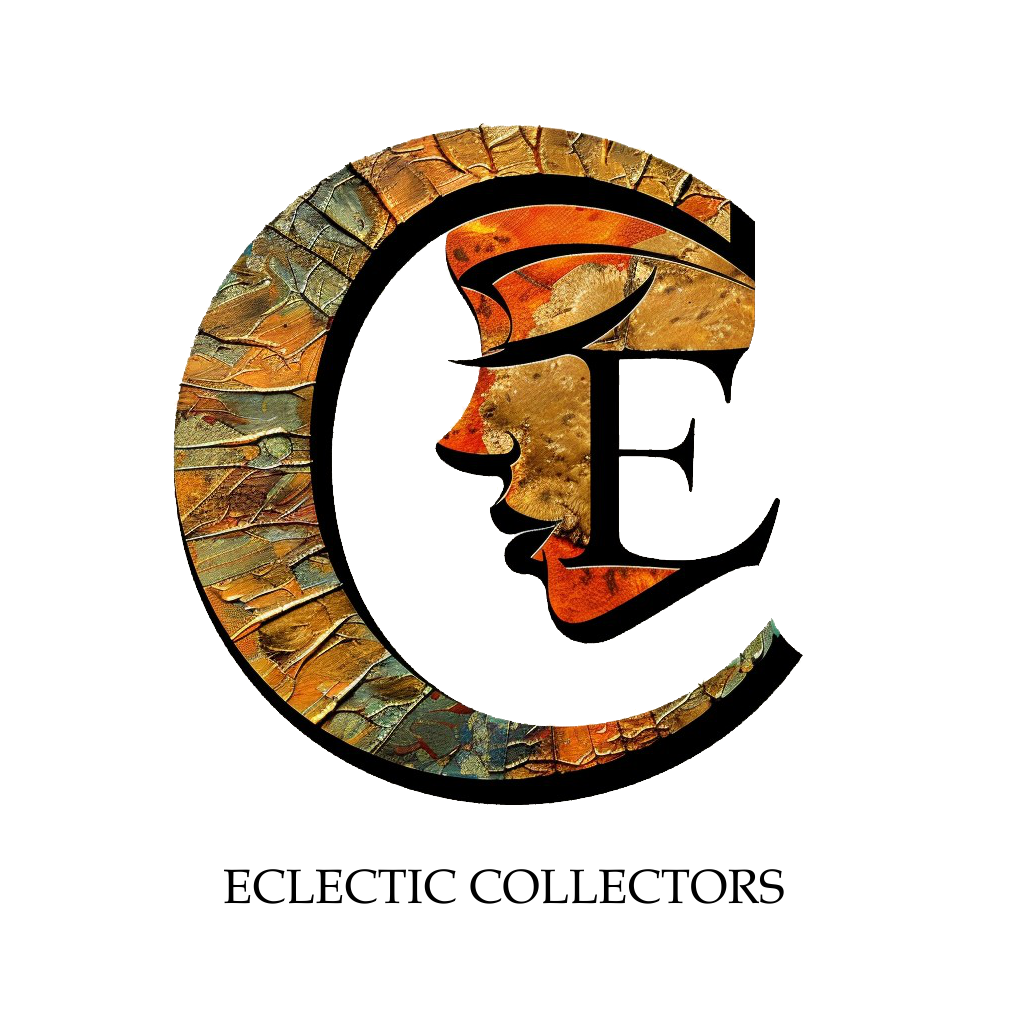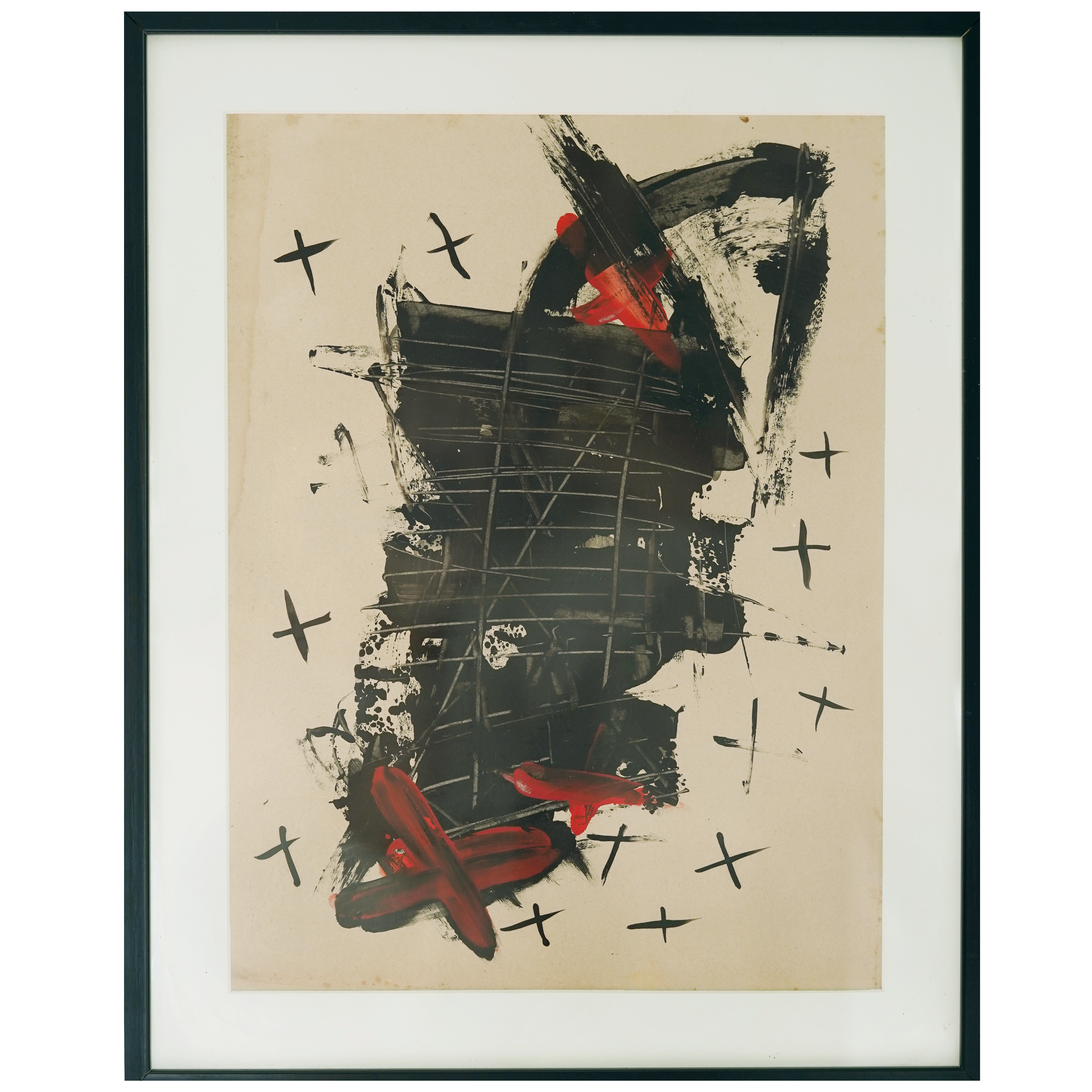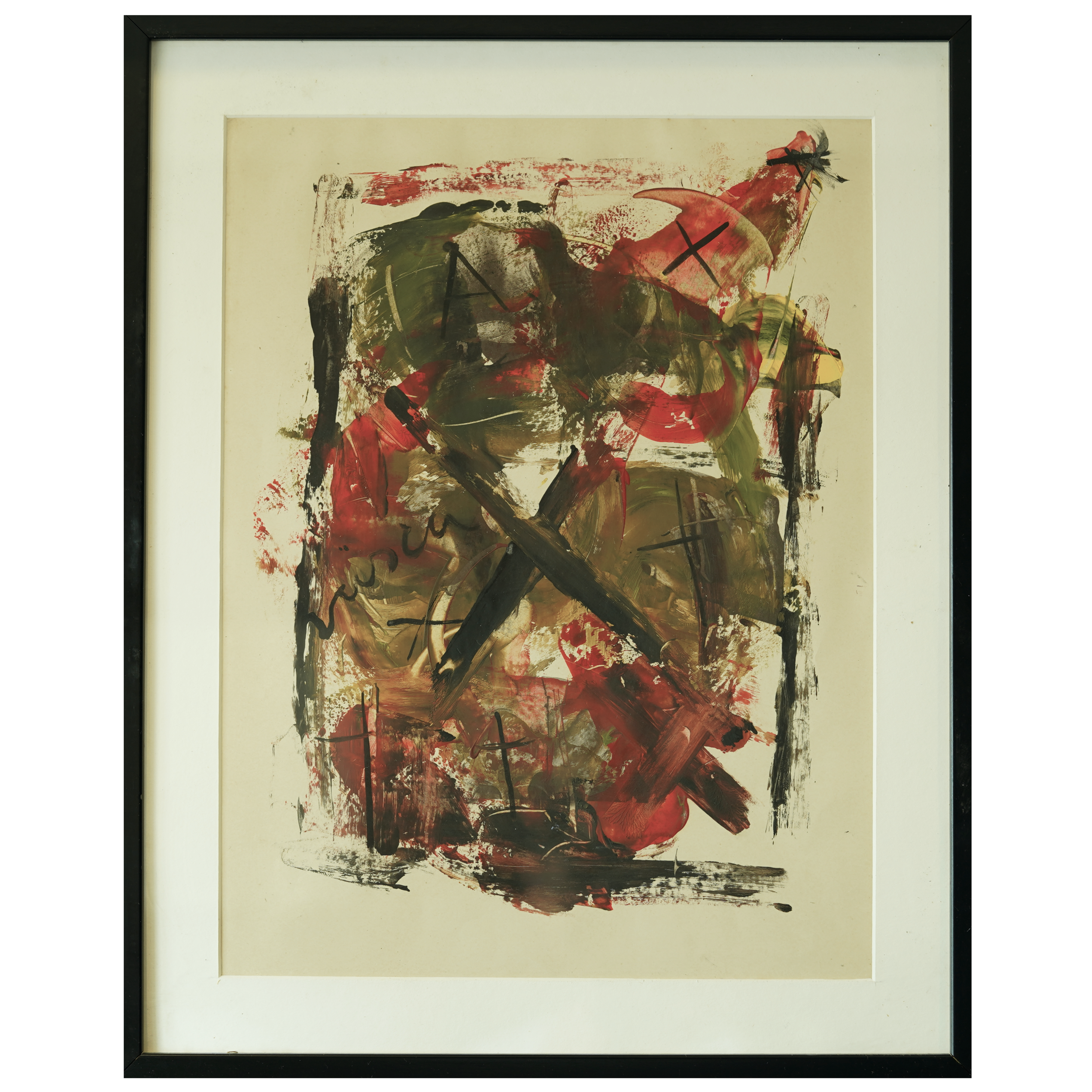Year: 1943
Title:Montevideo
Artist: Joaquín Torres-García (1874–1949)
Medium: Oil on board
Dimensions: 52 × 65 cm
Description:
Composition by Joaquín Torres-García rendering the city of Montevideo through a symbolic and constructivist lens. Geometric forms—houses, trains, arrows, clocks, and abstracted figures—are arranged in a structured grid, evoking both urban dynamism and spiritual balance. The palette of primary colors (red, blue, yellow) paired with black and white reflects his characteristic visual language.
A leading figure in Latin American modernism, Torres-García sought to merge European avant-garde principles with indigenous and universal symbolism. His philosophy of Constructive Universalism aimed to connect ancient traditions with modern abstraction. Painted upon his return to Uruguay, this piece is a visual testament to his cultural synthesis—placing Montevideo at the crossroads of memory, identity, and modern thought.
Joaquin Torres GARCIA
Joaquín Torres García (1874–1949) was a Uruguayan painter, sculptor, and theorist, regarded as one of Latin America’s most important modern artists. He developed a unique style known as Constructive Universalism, blending geometric abstraction with symbols inspired by pre-Columbian art, ancient cultures, and modernist principles. His works often feature grid-like structures filled with simplified pictograms representing humanity, nature, and spirituality. Torres García played a key role in introducing avant-garde movements to South America, while his art sought to unite universal harmony with Latin American identity.












